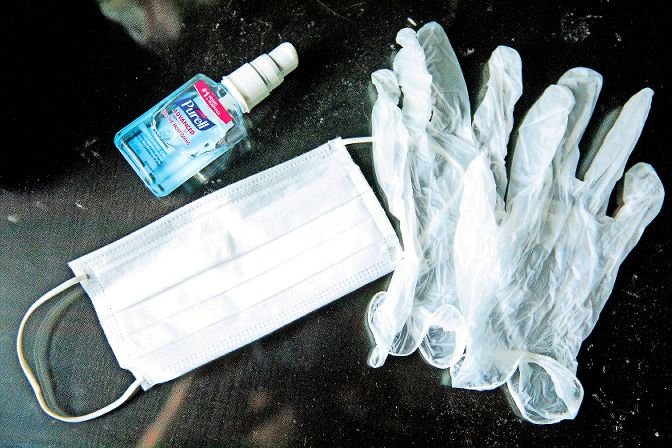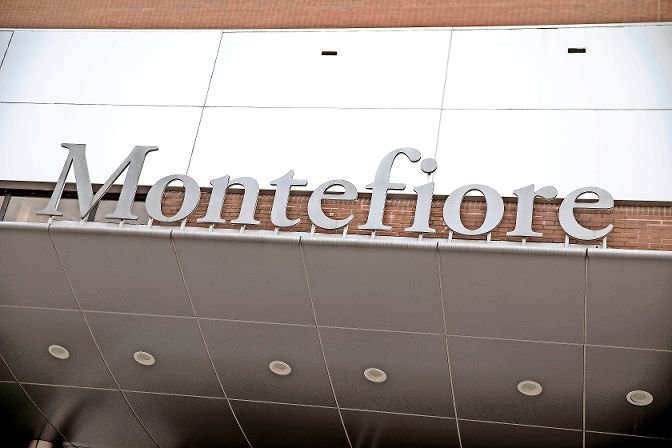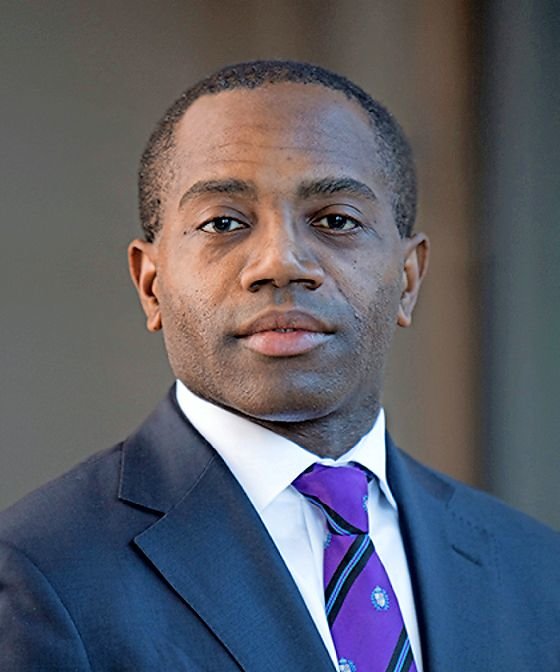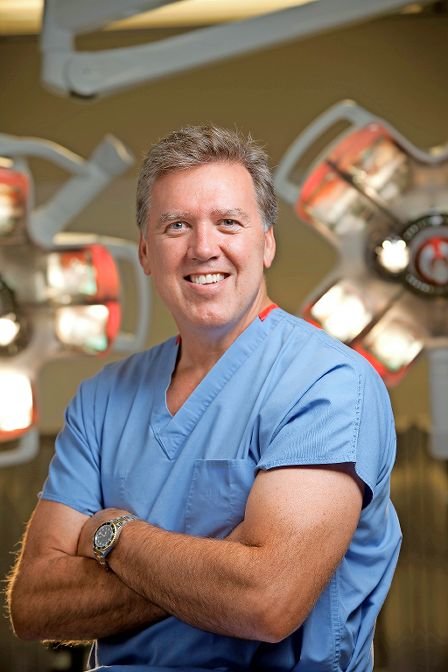Even after COVID-19, doctors implore patients to return
There are many well-known side effects to COVID-19, but the coronavirus pandemic itself isn’t free from some of its own — one that is particularly dangerous.
The number of outpatient visits to practices has dropped by 60 percent since April. It seems many are avoiding routine check-ups out of fear they may come in contact with someone who may be infected with SARS-CoV-2.
An apple a day may keep the doctor away, according to the old saying, but staying away from a doctor — apple or no apple — could have detrimental effects on one’s health, some medical experts say. Even worse, they could end up with a costly trip to the emergency room with something that could have been prevented with earlier care.
With that in mind, Montefiore Medical Center is launching a telephone hotline that lets patients can ask questions on matters related to COVID-19 and other health issues. The hotline also can be used to make appointments for both in-person care and telemedicine visits.
Montefiore also created a new website designed to allow better communication with doctors, access test results, manage appointments, and even request prescription refills.
And if that weren’t enough, the Bronx hospital system has created a step-by-step guide to help patients know what to expect on their next visit.
“We have a sense of commitment and responsibility in the communities we serve,” said Dr. Robert Michler, a professor of cardiothoracic and vascular surgery at the Albert Einstein College of Medicine, part of Montefiore’s campus. “These measures are intended to help people find easy access to doctors, nurses and other health care professionals.”
Michler understands why many might be feeling apprehensive about returning to any kind of medical setting, especially in the medical of a public health crisis.
“There’s a sense of trepidation and concern about leaving the home,” Michler said. “The fear of catching the coronavirus is stopping people from seeking help for conditions they already have.”
Those conditions could include anything from heart disease, diabetes and other non-COVID-related issues.
Routine check-ups allow doctors to screen for cancer and other serious conditions. More people are dying from heart attacks and other heart-related issues because they didn’t seek previous medical care, doctors said. A study found that 911 calls for these issues have tripled since the pandemic’s onslaught.
These anxieties and fears are normal, says Dr. Aluko Hope, who specializes in critical care medicine. It’s not just the fear of getting the coronavirus that’s stopping people from going to their doctors, it’s also the worry they might gobble up resources from those who may need it more, those suffering from the coronavirus.
Remote appointments can help alleviate some of that anxiety, Hope said.
“We want patients to express their concerns to their doctors, so they know what options are available to them,” Hope said, adding that remote communication over the phone or through the internet is only the beginning.
There are still tests that can only be done in-person, but that preliminary conversation is sometimes needed to help build trust again between patients and their doctors.
Hope is co-director of the COVID-19 Recovery Clinic and Engagement, better known as CORE, at Montefiore. The clinic is geared toward patients who already have tested positive for the coronavirus and survived. It aims to address any new or chronic symptoms or issues patients may experience longer-term that could be related to their infection.
Through both in-office and remote visits, CORE offers to connect patients with experts addressing their physical, cognitive, social and emotional needs.
“Our goal is to monitor these patients for any lingering symptoms,” Hope said. “We hope to help improve these symptoms, and their overall quality of life.”
CORE has only been open for a few weeks, but Hope says the preliminary feedback has been overwhelmingly positive. Many patients who come to Montefiore still have long-term effects both physically and mentally after being diagnosed with COVID-19 and have been hospitalized over long periods of time.
“However people are willing to engage with us,” Hope said. “We want to meet them where they are.”













